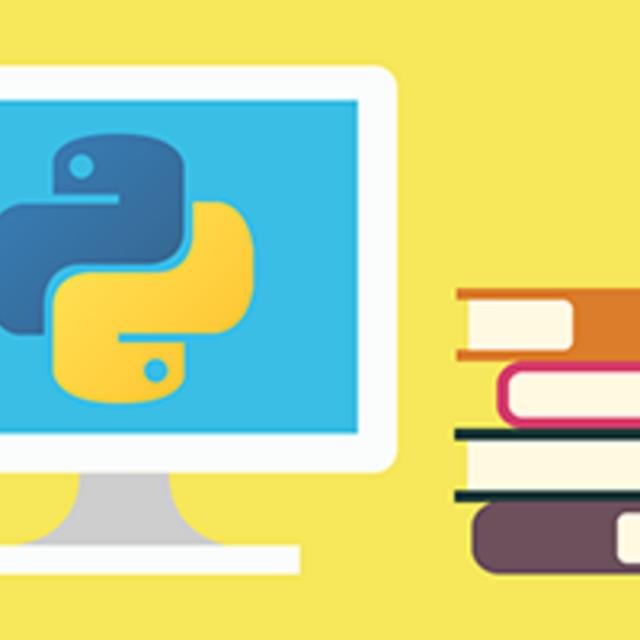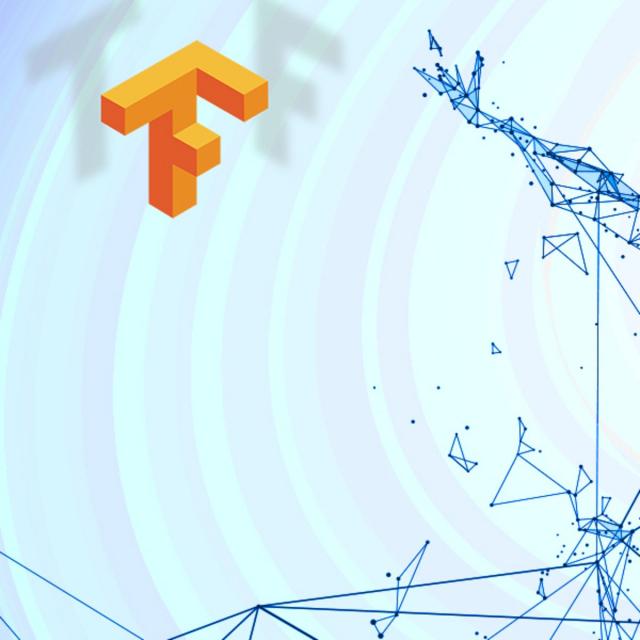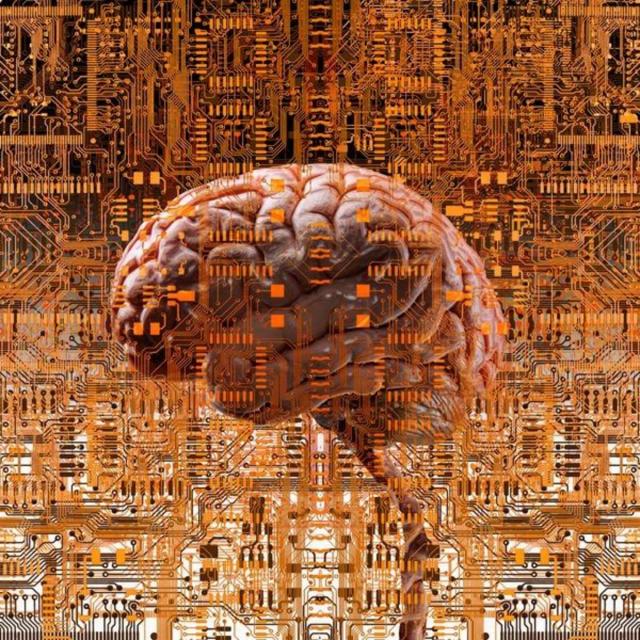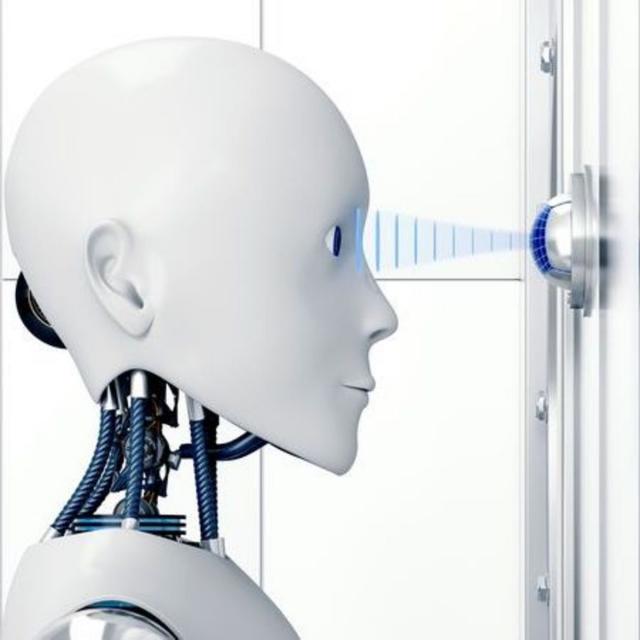IBM AI Engineering Professional Certificate
Artificial intelligence (AI) is revolutionizing entire industries, changing the way companies across sectors leverage data to make decisions. To stay competitive, organizations need qualified AI engineers who use cutting-edge methods like machine learning algorithms and deep learning neural networks to provide data driven actionable intelligence for their businesses. This 6-course Professional Certificate is designed to equip you with the tools you need to succeed in your career as an AI or ML engineer.
You’ll master fundamental concepts of machine learning and deep learning, including supervised and unsupervised learning, using programming languages like Python. You’ll apply popular machine learning and deep learning libraries such as SciPy, ScikitLearn, Keras, PyTorch, and Tensorflow to industry problems involving object recognition, computer vision, image and video processing, text analytics, natural language processing (NLP), recommender systems, and other types of classifiers.
Through hands-on projects, you’ll gain essential data science skills scaling machine learning algorithms on big data using Apache Spark. You’ll build, train, and deploy different types of deep architectures, including convolutional neural networks, recurrent networks, and autoencoders.
In addition to earning a Professional Certificate from Coursera, you will also receive a digital badge from IBM recognizing your proficiency in AI engineering.
WHAT YOU WILL LEARN
- Describe machine learning, deep learning, neural networks, and ML algorithms like classification, regression, clustering, and dimensional reduction
- Implement supervised and unsupervised machine learning models using SciPy and ScikitLearn
- Deploy machine learning algorithms and pipelines on Apache Spark
- Build deep learning models and neural networks using Keras, PyTorch, and TensorFlow






